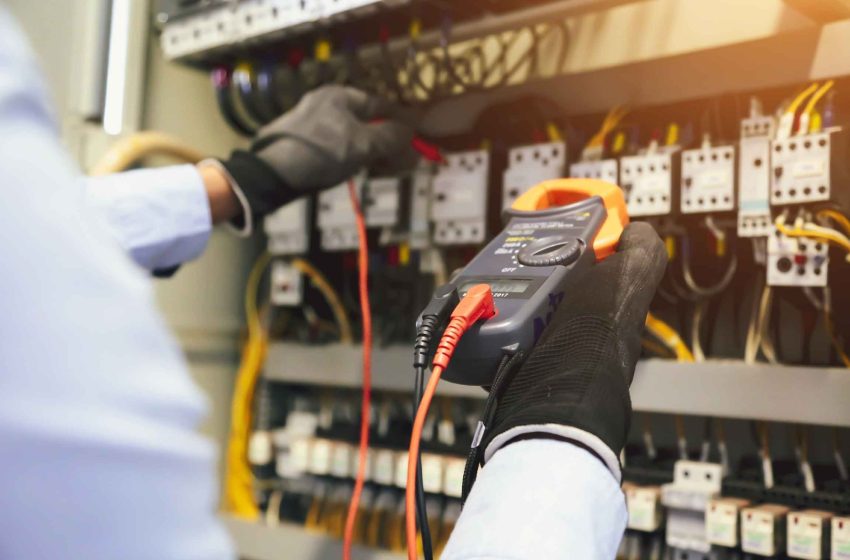How to Become an Electrical Estimator?

Are you pondering how to Become an Electrical Estimator? If you have an aptitude for managing construction finances then this blog is for you. This article will explain the roadmap to becoming a certified estimator.
Responsibilities of an Electrical Estimator
-
Material takeoff
-
Calculation of material cost
-
Calculation of labour expense
-
Calculation of equipment cost
-
Accounting for indirect construction expenses such as permits and insurance
-
Predicting a timeline for the project.
-
Guiding the client
-
Quality control
Become an Electrical Estimator: A Guide
1) Become an Electrician
To become an electrical estimator, you need to become an electrician. This may come as a surprise to some people but it makes the most sense. It is the most common roadmap that most people take. Becoming an electrician will allow you to have intimate knowledge about the electrical system. It is very important to learn about various electronic components such as wires, transformers, circuits, etc.
You can make an accurate budget while maintaining quality. So learn about various electrical parts and their types so you can help your clients make the best decision.
2) Gain Experience as an Electrician
The more experience you gain as an electrician, the easier the road to becoming an electrical estimator gets. So gain as much field experience as you can. Don’t be afraid to work on different types of buildings such as residential, commercial, and industrial. Moreover, learned about electrical installation, maintenance, and repair work.
3) Get Qualified as an Estimator
To become an electrical estimator you will need to get proper qualifications. So get yourself qualified as an electrical estimator and start your estimating career! In the US there are many associations that you can reach out to. Get proper training for them. Attend different seminars to get a grip on electrical cost estimation.
4) Gain Experience as an Estimator
Most Electrical Estimating Services hire experienced and competent estimators. So work under professional estimators or get yourself enrolled in internship programs to get as much experience as you can. It will help you to land a job. You can also work as a freelance estimator but you’ll have to build an attractive portfolio to get clients.
5) Get Certified
Certification is not necessary to become an estimator. But it does help! If you become a certified estimator, you can get more customers. You become eligible for certification after you have gained some experience in the field. When you become a Senior Electrical Estimator, you can consider getting certification.
Soft Skills in an Estimator
Let’s take a look at some of the soft skills that you can learn to become a competent estimator.
-
Improve your communication skills as you will have to deal with clients.
-
In addition to communication skills, it is also helpful to develop writing skills as you’ll be drafting construction documentation.
-
Keep yourself updated about the industry trends so you can create accurate estimates.
-
Develop keen analytical and observation skills to focus on small details in construction projects.
-
Increase your project management abilities. You can learn this skill either out of experience or by taking a project management course.
Hard Skills in an Estimator
Following are some of the hard skills that will help you as an estimator.
-
Learn to use Cost Estimating Software. If you want to work for a reputable cost-estimating company, you should learn the basics of software. For example, Bidding Estimates are using Planswift, Bluebeam, Quest Estimating, RS Means, On Screen Takeoff, etc.
-
Learn how to read electrical blueprints and drawings.
-
You can study courses such as finance or economics to learn different methods of how you can manage costs.
Bottom Line
To wrap it all up, to become an Electrical Estimator multiple factors are involved. First of all, an electrical estimator must be highly proficient in cost estimation, analyzing blueprints, assessing electrical system specifications, estimating projects, and other related roles. This article discusses and provides you with a detailed outline of what are the requirements an individual has to fulfill to achieve the status of a professional electrical estimator. Each of these requirements has its importance and cannot be overlooked if an individual wants to be recognized as a competent electrical estimator in the industry.


